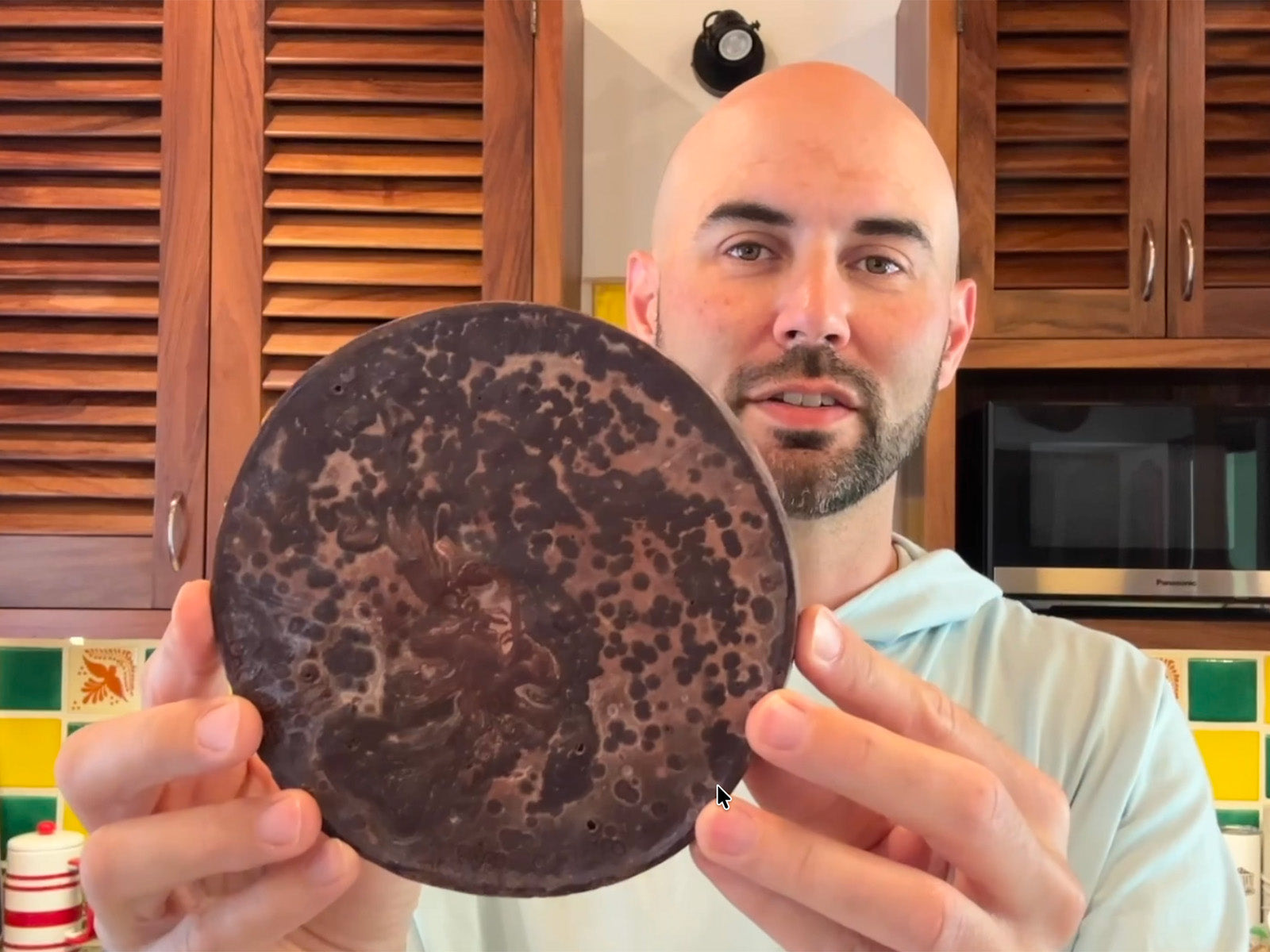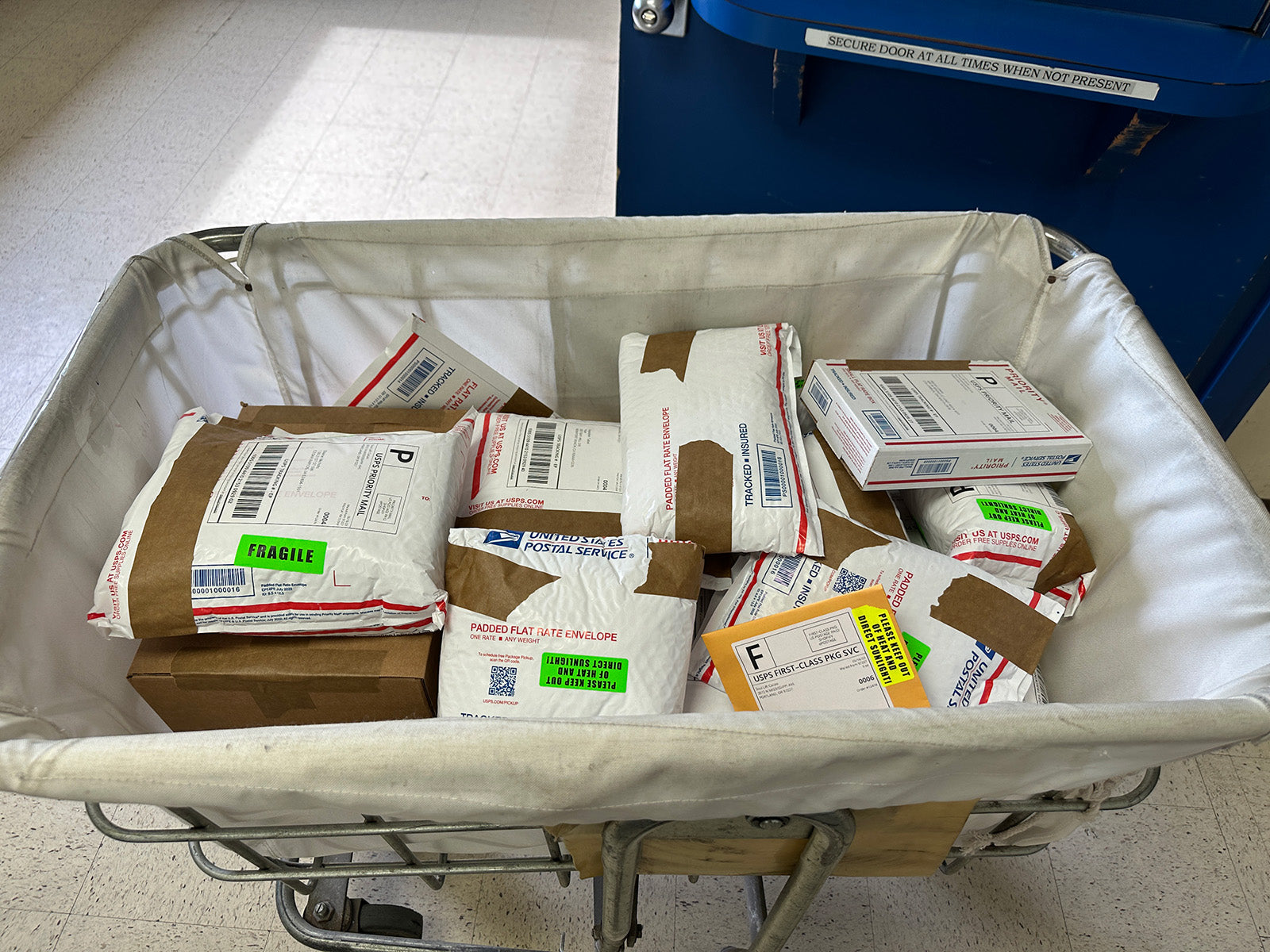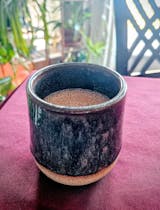(Photo by Chuck Moravec, used with permission)
FIRST PUBLISHED ON 9/21/2021. UPDATED ON 4/21/2024.
These days, it's common to spot Fair Trade (FT) Certified logos on chocolate bars and other products, especially in gourmet grocery stores.
The logo doesn't usually come with an explanation, so it gives the impression that the movement has fully solved the problems with that particular food trade.
In the case of cacao imported to the U.S., the FT idea has become intertwined with the bean-to-bar chocolate model. This has garnered acclaim because people like the idea of chocolate being made in small batches by an independent company and being able to buy chocolate from a local business.
The FT movement is a step in the right direction. But when it comes to cacao (traded globally as "cocoa"), the solution is definitely incomplete.
Part of the problem is that cacao prices fluctuate not only by supply and demand, but under heavy influence from the stock market where people invest in "cocoa futures" as an abstract valuation.
The FT movement aims to change that by standardizing and increasing the price per metric ton (MT), and also by requiring extra premiums that farmers can use to improve their systems and communities.
As of 2022, the average global price for cacao beans was at $1.09 per lb. (1) Part of the problem is that it can fluctuate depending on how "cocoa" is traded as a commodity in the stock market.
The idea with FT was to create more consistency for farmers of imported foods like cacao. But even including the premium, the FT rate for certified organic cacao was $1.31 per lb. (2)
That's only 22 cents more per pound. While that would add up in larger volumes (it's $485 more per MT), it's important to look at the bigger context to see if this actually makes a substantial difference.
(NOTE: In 2024 some crazy things have been happening in the global cacao market. Read about it here)
If an American bean-to-bar chocolate company buys FT cacao beans at $1.31 per pound, they'll roast the beans, winnow (remove the husk), grind, and do the rest of the processing in their own U.S. factory.
Then they'll sell a chocolate bar (say 3oz) for $4.00 or more. That comes out to at least $21.30 per lb of finished product.
It's important to look at what went to the cacao source country versus what stays in the U.S. This case $1.31 stays in the source country, while at least $19.99 stays in the U.S.
In some cases there are other middle-men in the source country that get a cut, but it's never as much as the American companies.
Some of that U.S. amount will go to freight, operational costs (like staffing), etc. But it stays in the U.S. nonetheless.
At Soul Lift Cacao we're using and promoting a model that goes beyond FT. It's called direct trade – and specifically, direct trade for finished ceremonial cacao paste, not just raw beans.
We have real relationships with self-organizing cacao collectives in Guatemala who source beans from family farms, roast the beans over wood fire the traditional way, peel them by hand, send them through a simple grind (the only processing), and pour them into blocks of ceremonial cacao "paste."
Essentially they're making 100% dark "chocolate."
And it means a lot more of the process is happening in the same country where the cacao is grown.
This also means that a lot more of the money in the supply chain stays in the source country.
We currently pay an average of $22.28 per pound of cacao paste that we purchase from our Guatemalan partners.
That means about 1700% of the FT rate per pound stays in the source country.


We think this is a lot more fair... and yet it's only one step towards more equitable global trade.
We also have to take into consideration the damage that has been done in cacao-growing countries at the hands of powerful Western nations. For example, the U.S. has been meddling in Central American politics since at least the 1950s, destabilizing democratic processes so that American companies can benefit.
It's going to take a lot more than the current FT standards to ameliorate the damage. Currently, "Big Chocolate" companies are moving to get FT and similar certifications to create the appearance that they are ethical and sustainable without actually being so.
Most people don't even know about the child labor and even modern slavery that are common in the cocoa industry. The FT movement has started to put pressure on the system to end this, but it doesn't go far enough.
The situation is dire, but the true ceremonial cacao movement presents an opportunity to help people and the earth at every step of the supply chain.
Thank you for supporting our ethical direct trade model of sourcing true ceremonial cacao.
By enjoying this delicious and nutritious superfood, you're actually making a difference in the world. And what's better than that?
Visit our online shop to see all the ceremonial cacao and drinking chocolate varieties we offer.
NOTES:
1) "World cocoa price from 2008 to 2022." Statista. Published March 2023. https://www.statista.com/statistics/237152/world-cocoa-grindings/ – NOTE: In 2022 the price was $2.39 USD per kg, and 1kg equals 2.2 lbs.
2) "Fair Trade Cocoa Price to Increase – A Step in the Right Direction." Fair World Project. Published 12/17/2018. https://fairworldproject.org/fair-trade-cocoa-price-to-increase/ – NOTE: The Fair Trade rate for 1MT of cacao is $3,000, and 1MT equals 2205 lbs. $3,000 divided by 2205 equals $1.36 per lb.
Related Posts

There are some important things to consider when naming a cacao event in order to distinguish modern cacao experiences f
Read More
Irregular markings on a cacao block are not only common, but a sign that you're holding the real thing: authentic ceremo
Read More
In an effort to improve your experience of receiving orders, we’re making a huge change to how our products are shipped.
Read More








